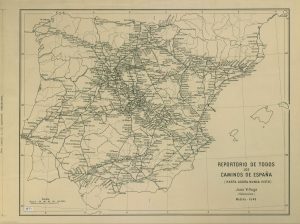The analysis of networks has emerged as a powerful tool in cliometrics and social sciences, offering novel insights into historical and contemporary phenomena. Network analysis is rooted in the study of connections and relationships, providing a framework to understand how entities, whether individuals, organizations, or nations, interact and influence each other over time.
Network Analysis in Cliometrics
Cliometrics, the systematic application of economic theory, econometric techniques, and other quantitative methods in the study of history, finds a valuable ally in network analysis. This approach allows researchers to explore historical economic data through the lens of network structures, revealing patterns and dynamics that traditional methods might overlook.
- Economic Interactions: Network analysis illuminates the complex web of trade relationships, financial ties, and economic alliances that have historically shaped global and local economies.
- Migration Patterns: By mapping migration networks, researchers can better understand the flow of people, skills, and capital across regions and their impact on economic development.
- Technological and Cultural Exchange: Network analysis can trace the spread of technologies and cultural practices, revealing how these flows contribute to economic and social changes.
Network Analysis in Social Sciences
In the broader realm of social sciences, network analysis offers a multidimensional perspective on social structures and behaviors.
- Social Structures and Power Dynamics: It helps in mapping social relationships to uncover underlying power structures, influential groups, and marginalized communities within a society.
- Diffusion of Information and Innovations: This approach is crucial in understanding how ideas, trends, and innovations spread through social networks and the factors influencing their adoption or rejection.
- Interdisciplinary Applications: Network analysis transcends disciplinary boundaries, integrating insights from sociology, political science, anthropology, and psychology.
The Social and Computational Complexity Studies (SCCS) group at the University of Alcalá (UAH) stands at the forefront of applying network analysis in cliometrics and social sciences. Their work exemplifies the integration of computational methods with social theory to explore complex social phenomena.
- The Hispania Map of the Hogenberg Road Atlas
- The naïve map of 16th-century Spanish roads
- Madrid and the design of the Spanish road network
- The roads in Borbonic Spain (1700 – 1850)
- The Spanish Gough Maps
- The hidden routes of the Gough map
- The itinerary of Meneses in its historical context
